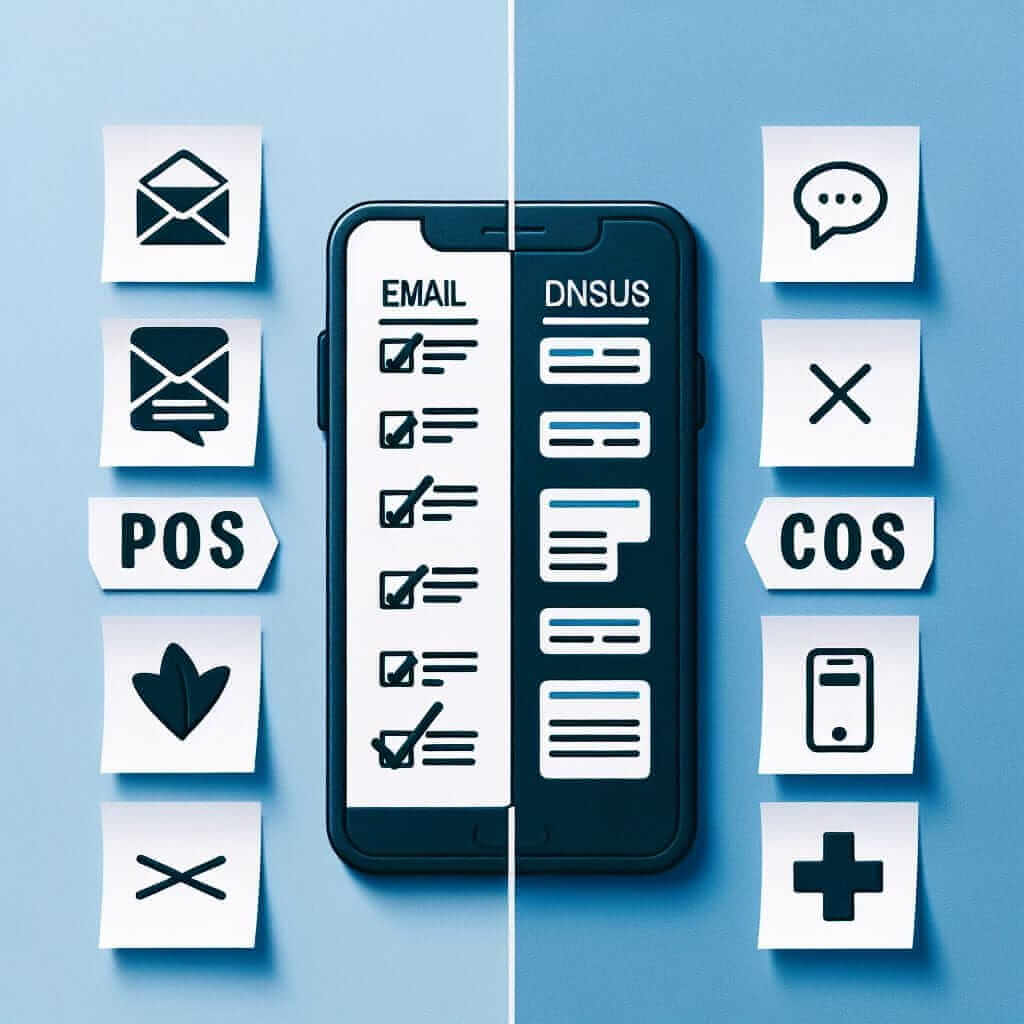As an IELTS instructor with over two decades of experience, I often encounter students perplexed by seemingly simple questions in the IELTS Speaking test. One such question is “Do you prefer to receive email or text message?”. While it appears straightforward, this question presents a valuable opportunity to demonstrate your language skills and insights. Let’s delve into how you can effectively tackle this question and others like it.
Understanding the Nuance: It’s More Than Just a Preference
The examiner isn’t simply curious about your preferred mode of communication. They are evaluating your ability to:
- Articulate your preference: Can you clearly state your choice and provide reasons?
- Utilize a range of vocabulary: Do you rely on basic words or showcase a wider vocabulary related to communication and technology?
- Express nuances: Can you differentiate between the uses of email and text messaging and explain why one might be more suitable in certain situations?
Mastering Your Response
1. State Your Preference Clearly
Begin by directly answering the question. For example:
- “Generally, I prefer to receive emails.”
- “I find myself relying more on text messages these days.”
2. Elaborate with Reasons
This is where you demonstrate your ability to develop your response. Consider factors like:
- Formality: “Emails tend to be more formal, making them suitable for work-related communication or important updates.”
- Speed and Convenience: “Text messages are incredibly convenient for quick questions or casual conversations.”
- Attachments: “When sharing documents or photos, email is my go-to option.”
- Organization: “I appreciate the way email helps me keep my communication organized in threads.”
3. Provide Examples
Illustrate your points with real-life examples:
- “For instance, I recently received an email confirmation for a flight booking, which I found very helpful.”
- “I often use text messages to coordinate meeting times with friends, as it’s quick and easy.”

Sample Response
“While I use both email and text messaging regularly, I generally prefer to receive emails. I find them more organized, especially when dealing with multiple messages on a single topic. For example, if I’m coordinating a project with colleagues, emails allow us to keep all the information in one place. Plus, I appreciate the formality of emails for professional communication. However, I do rely heavily on text messages for quick updates or casual arrangements with friends and family.”
Beyond the Basics: Expanding Your Vocabulary
To excel in the IELTS Speaking test, aim to showcase a wide range of vocabulary. Here are some words and phrases related to communication preferences:
- Stay in touch: To maintain contact with someone
- Instant messaging: A real-time text-based communication method
- Social media platforms: Online platforms used for communication and sharing content
- Video conferencing: Communicating remotely using video and audio
- Formal correspondence: Official or business-related communication
Final Tips
- Be authentic: Share your genuine preference and reasons.
- Practice speaking clearly: Record yourself and listen for areas of improvement.
- Don’t memorize: Focus on understanding the concepts and expressing yourself naturally.
Remember, the IELTS Speaking test assesses your ability to communicate effectively in English. By structuring your response clearly, providing relevant examples, and demonstrating a varied vocabulary, you can confidently tackle any question that comes your way.